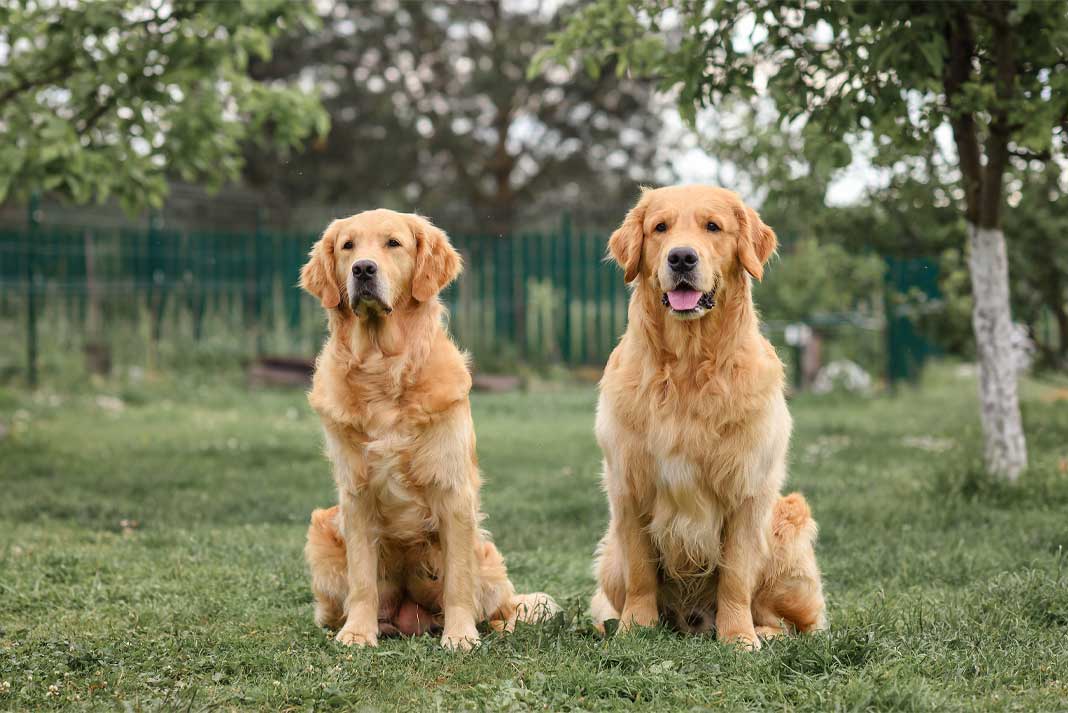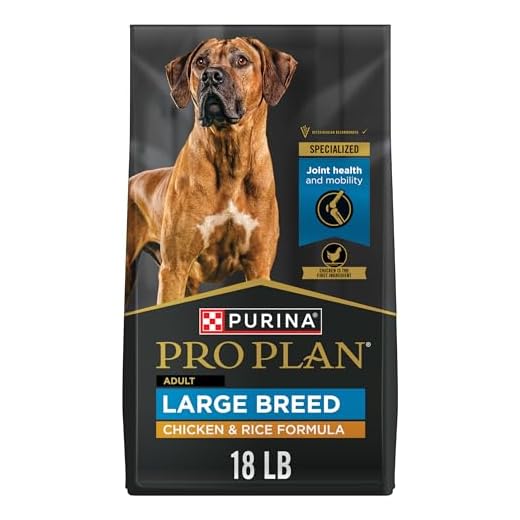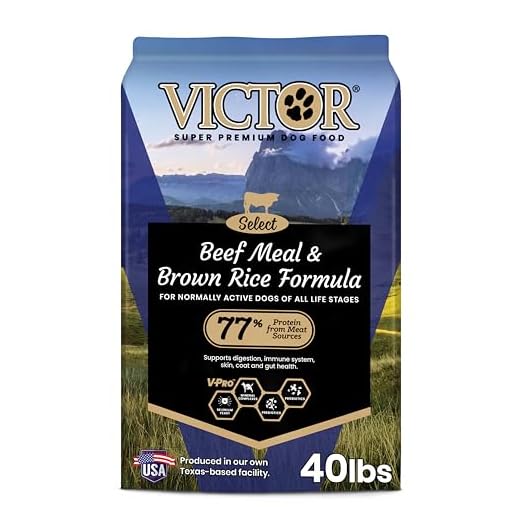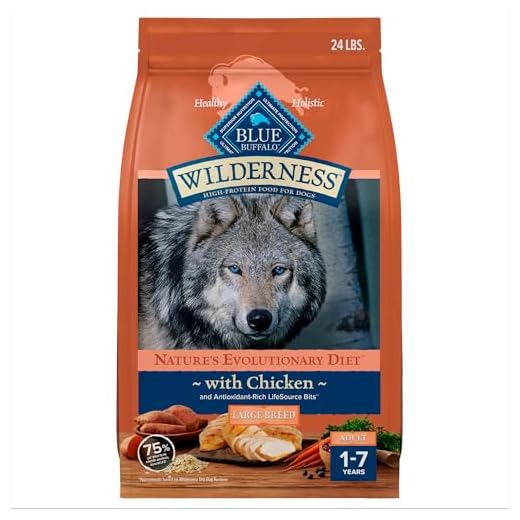As a golden retriever owner, you want to ensure that your furry friend is getting the best possible nutrition.
The best dog food for golden retrievers should contain high-quality protein, healthy fats, and essential vitamins and minerals.
Opt for dog food that’s specifically designed for large breed dogs like golden retrievers, as this will provide the appropriate balance of nutrients and calorie content. It’s also a good idea to choose a dog food that’s free from fillers, artificial additives, and preservatives.
By selecting the right dog food for your golden retriever, you can help support their overall health and well-being for years to come.
Most veterinarians, recommend the following guidelines when choosing the best dog food for your Golden Retriever based on their dietary requirements and health needs:
Consider the age, weight, and activity level of your Golden Retriever: Puppies, adults, and senior dogs have different nutritional requirements. Choose a dog food that is specifically formulated for your dog’s life stage. Also, take into account your dog’s weight and activity level, as this will determine the amount of calories they require each day.
Check for food intolerances or allergies: Some Golden Retrievers may have food sensitivities or allergies. If you suspect your dog has an intolerance or allergy, consult your veterinarian for guidance on selecting a hypoallergenic dog food that avoids common allergens such as beef, chicken, dairy, or wheat.
Monitor existing health conditions: Golden Retrievers are prone to certain health issues, such as hip dysplasia, obesity, and heart disease. If your dog has any existing health conditions, consult your veterinarian for advice on a suitable diet that addresses these concerns.
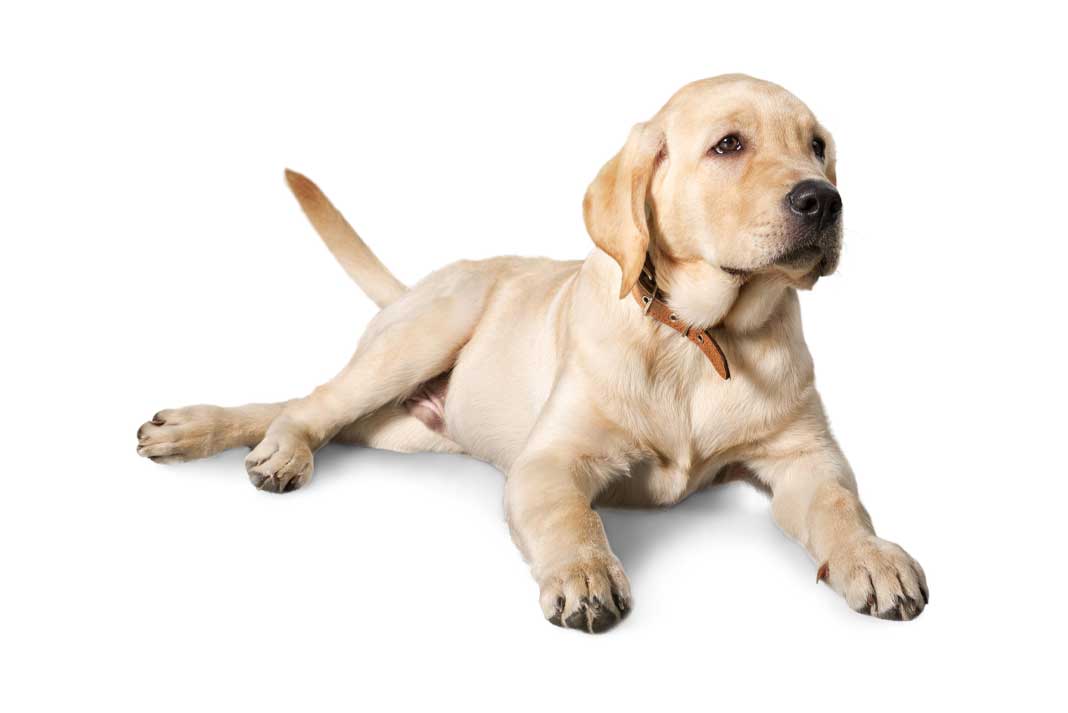 Dry Food vs. Wet Food:
Dry Food vs. Wet Food:
Dry Food: Dry kibble is a popular choice for many dog owners due to its convenience and affordability. It also helps to maintain dental hygiene by reducing tartar buildup. Look for high-quality dry foods that contain real meat as the first ingredient and avoid those with artificial preservatives, colors, or flavors.
Wet Food: Wet food is typically more palatable and easier to chew, making it a good option for picky eaters or dogs with dental issues. However, it can be more expensive than dry food and may not provide the same dental benefits. Consider combining wet and dry food in your dog’s diet to provide variety and balance.
Prescription Diets and Grain-Free Options:
Prescription Diets: In some cases, your veterinarian may recommend a prescription diet to address specific health concerns. These diets are specially formulated to support the management of certain conditions, such as kidney disease or food allergies.
Grain-Free Diets: Grain-free dog foods can be beneficial for dogs with grain sensitivities or allergies. However, recent studies have linked some grain-free diets to an increased risk of heart disease in dogs. Consult your veterinarian before switching to a grain-free diet.
Suggested Dog Food For Golden Retrievers
In Conclusion
As a responsible pet owner, choosing the best dog food for your golden retriever is of utmost importance. With so many options available, it can be overwhelming to decide which one to go for. Factors such as age, activity level, and health conditions should be taken into consideration when picking the perfect dog food for your furry friend.
While there is no one-size-fits-all approach to dog food, there are certain ingredients that you should be on the lookout for. Proteins such as chicken, fish, and beef are great sources of nutrition for golden retrievers, while complex carbohydrates such as brown rice and sweet potatoes keep them energized. Above all, always make sure to read the label and do your research before settling on a particular brand. Your golden retriever deserves nothing but the best.
Extra Notes: To ensure that your Golden Retriever’s dietary needs are met, look for dog foods that meet the guidelines set forth by the Association of American Feed Control Officials (AAFCO). Additionally, consult with your veterinarian about any specific dietary concerns and monitor your dog’s weight and overall health to ensure they are receiving the proper nutrition for a happy and healthy life.
